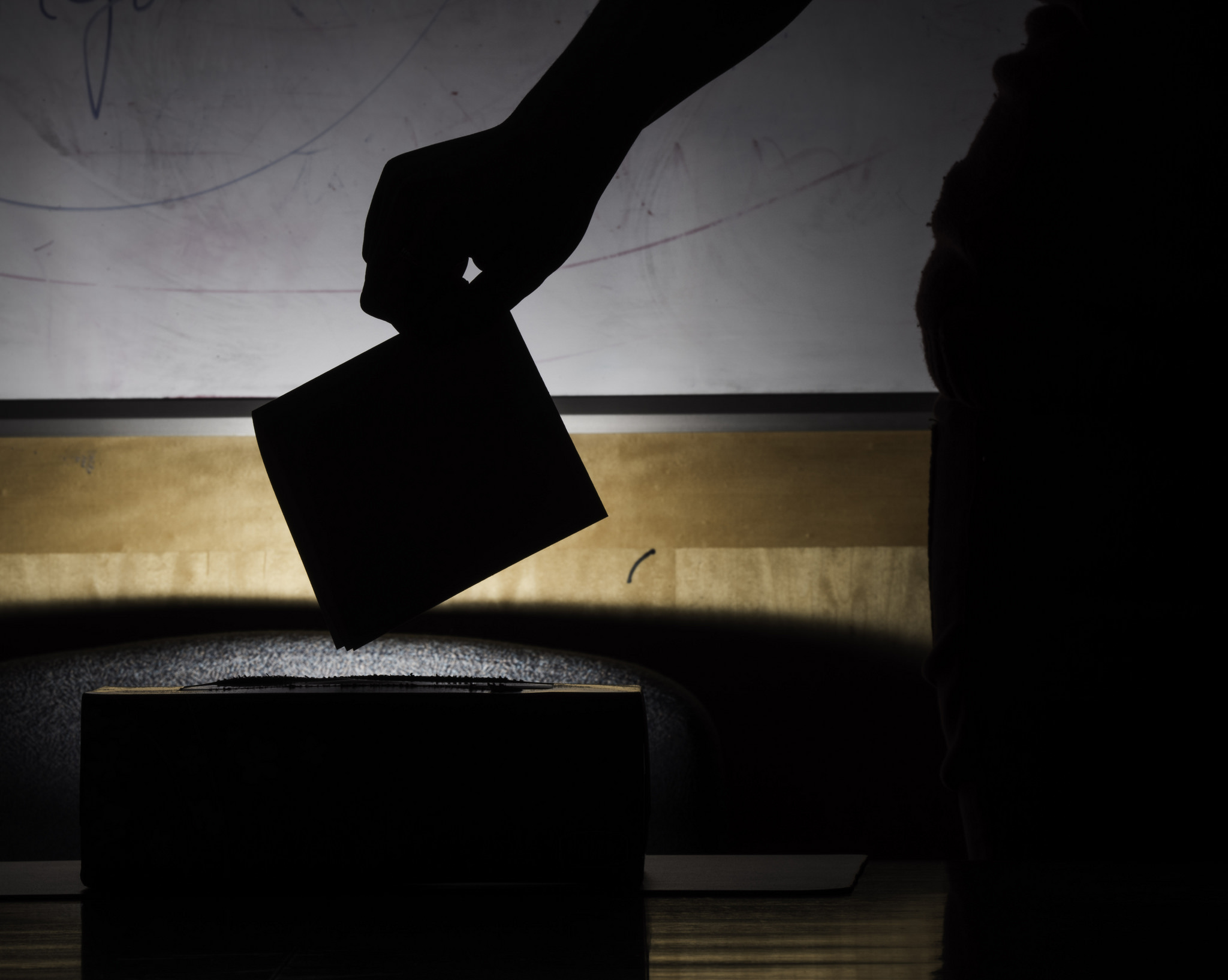Canada News
Electoral reform ballots in mail, Elections BC monitors rotating postal strikes

Packages are also being sent internationally to registered voters who are temporarily away from their homes in B.C. (File Photo: PROmichael_swan/Flickr, CC BY-ND 2.0)
VICTORIA – Ballots for British Columbia’s electoral reform referendum are in the mail as postal workers across Canada launch a series of rotating strikes.Chief electoral officer Anton Boegman said Monday the labour dispute at Canada Post is being watched closely by Elections BC for any potential impact during the mail-in referendum period, which is scheduled to conclude Nov. 30.
He expects the delivery of 3.3 million voter packages and ballots to be complete by Nov. 2.
“At this time, the job action is not impacting the delivery schedule for voting packages,” Boegman said at a news conference. “Voters have lots of time to receive, complete and mail their packages.”
Boegman has the authority to add extra time to the deadline, which was done in 2011 when the voting period for a referendum on the harmonized sales tax was extended by two weeks due to a lockout at Canada Post.
Packages are also being sent internationally to registered voters who are temporarily away from their homes in B.C.
Boegman said he can’t give a date when the results of the referendum will be known other than it will take several weeks after Nov. 30.
“All we can say, at this point, is we will count the ballots and report the results as soon as possible,” he said.
The referendum asks B.C. residents if they want to change the electoral system to a form of proportional representation or keep the current first-past-the-post method. A majority of 50-per-cent plus-one is needed to change the system.
This is the third time B.C. voters have decided whether to switch to proportional representation. Voters decided in 2005 and 2009 not to change the system.
The New Democrats made electoral reform a key election promises in 2017. The Green party also supports switching to proportional representation.
Premier John Horgan has said the current system is not fair.
In the past five B.C. elections, he said only one political party formed government after receiving more than 50 per cent of the votes.
Opposition Liberal Leader Andrew Wilkinson is opposed to proportional representation, saying the system would be complicated and make majority governments rare.
In a statement, Green Leader Andrew Weaver said proportional representation would reflect the views of all voters and make government “more representative and responsive to the views and desires of citizens.”





















